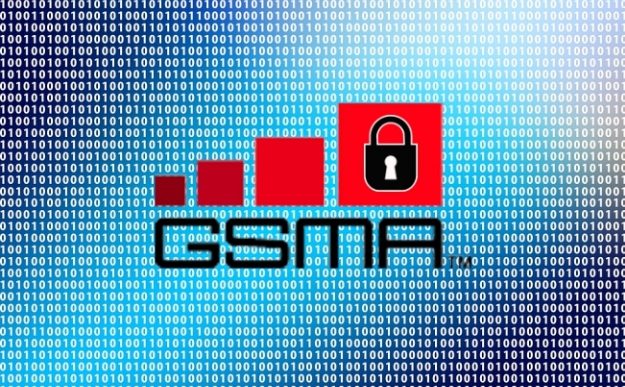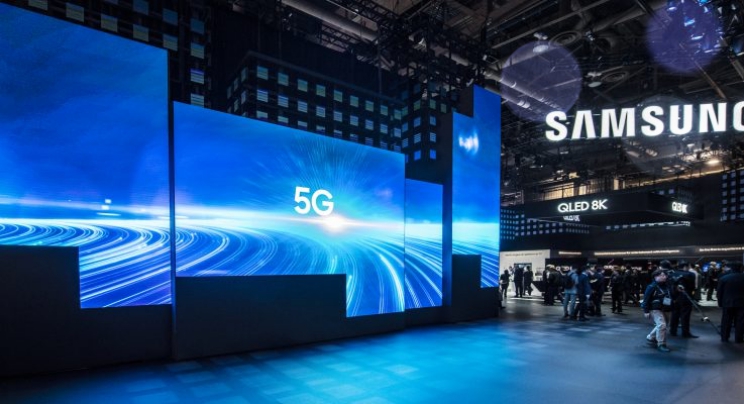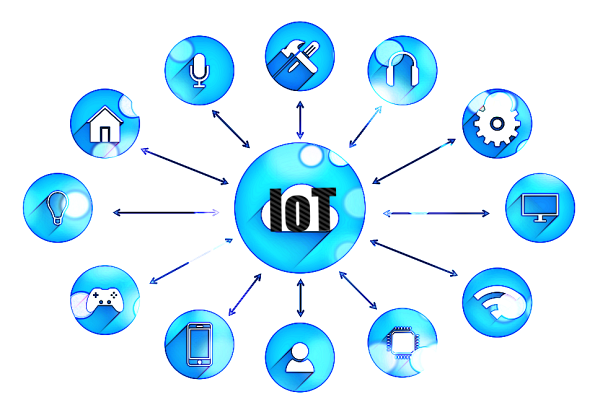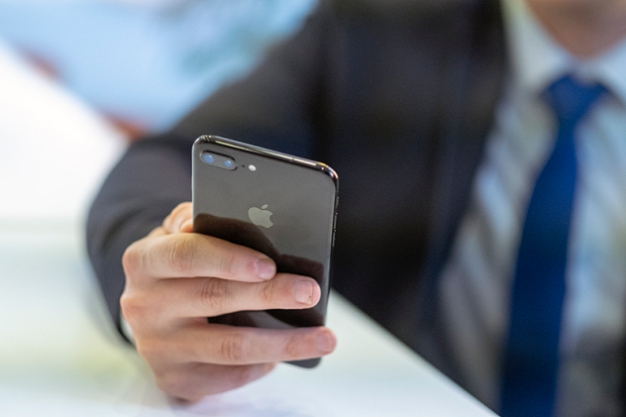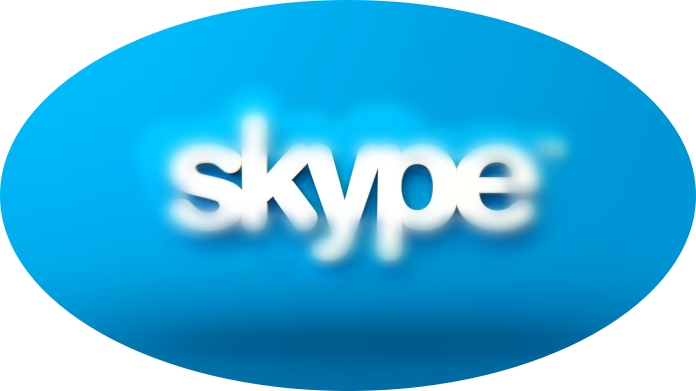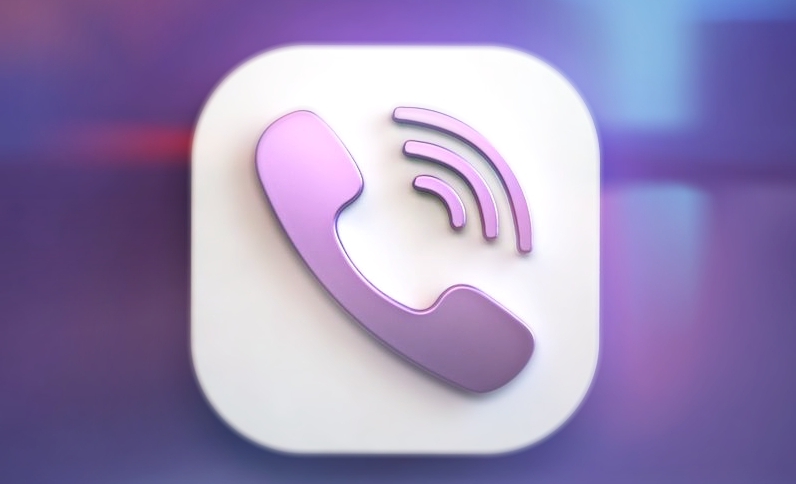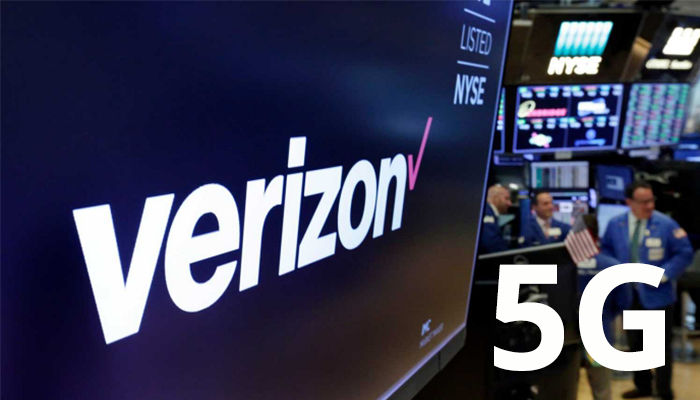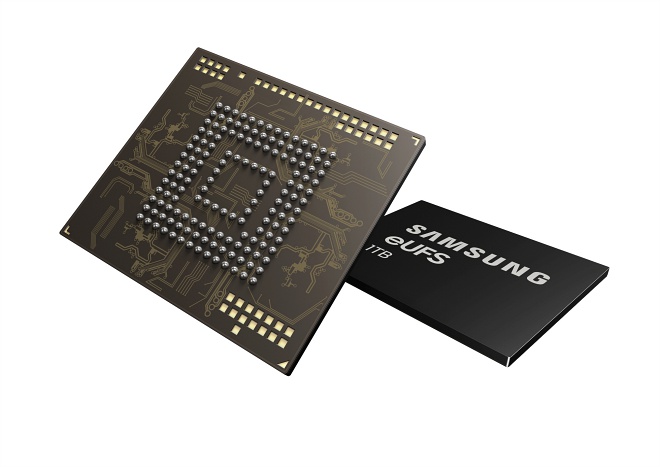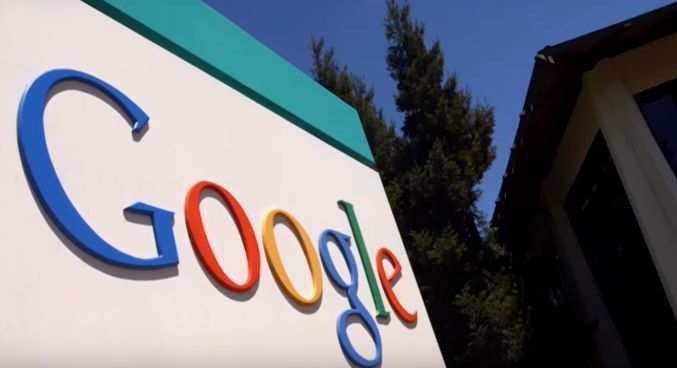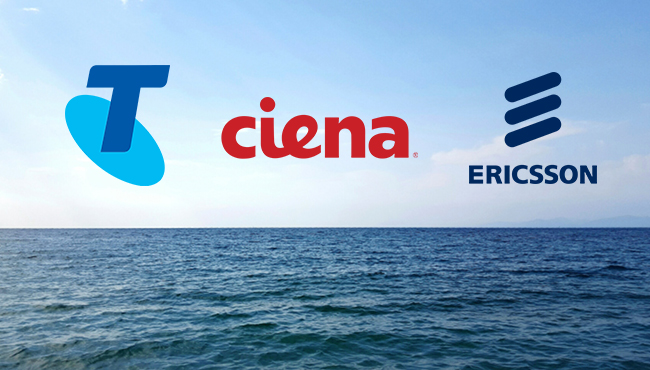The global organization representing the interests of mobile network operators, GSMA, has called for European governments to “safeguard network security and competition” in the telecommunications infrastructure industry. The association has issued a warning to Europe to refrain from activities that would obstruct the use of certain equipment necessary for 5G mobile network development. According to the GSMA, “Actions that disrupt the equipment supply for the various segments of the network (access, transport and core) will increase costs to European operators, businesses and citizens; delay 5G deployment by years across Europe and potentially also jeopardise the functioning of existing 4G networks upon which 5G is intended to be built.” Although no specific company names are mentioned in the statement, the GSMA initiative highlights the industry’s significant endeavor to prevent the application of additional sanctions, similar to those announced by the United States and Australian governments on Chinese vendors Huawei…
Samsung Electronics has announced that it will provide live streaming of the Mobile World Congress (MWC) 2019 on the expo’s official media channel ‘Mobile World Live TV’ using its 5G network, thus demonstrating real-world use of its 5G technology. MWC, the world’s largest mobile show, starts next week in Barcelona, and Samsung is going to display a number of devices and new technologies at the event. According to the company, its 5G solutions comprise a radio access unit (5G Radio) and a 5G router (CPE), and will broadcast the content shot by the High Definition Television Video (HDTV) camera at the booth of Mobile World Live TV, located in Broadcast Village, Gran Via. The cutting-edge solution is effective in overcoming the physical limitations of a fiber-based network and will replace the former fiber-based backhaul. The super-fast 5G mobile network is perfectly suited for transmitting large data packets such as…
Smart infrastructure company Boston Networks has announced the launch of an Internet of Things (IoT) network for Scotland at the Glasgow Science Centre. During the first stage of the IoT Scotland program, Glasgow will get 22 long range wide-area network (LoRaWAN) gateways. This will provide 99 percent of the required coverage, making the city the most LoRA-covered in the UK, “with the potential to become the smartest”. IoT Scotland will manage a wireless sensor network to collect data from and exchange that data between compatible IoT devices, and transmit the information without the need for mobile phone or Wi-Fi connectivity. The initiative will enable businesses and public sector organisations to develop new and innovative applications, supporting the expansion of smart places throughout the country. Falk Bleyl, Chief technology officer at Boston Networks, said, “We are excited to be leading this pioneering project to build and operate the IoT…
According to a report by the US-based Pew Research Center, nine out of ten South Koreans own a smartphone, indicating the highest level of smartphone usage in the world. The study revealed that a staggering 95 percent of the population in South Korea has a smartphone, while the remaining 5 percent of the nation uses a mobile phone without access to the Internet. More than 30,133 people in 27 countries took part in the survey conducted last year. It transpired that three out of four adults used smartphones in 18 developed countries. According to the survey, Israel came in second with 88 percent, followed by the Netherlands with 87 percent, and Sweden with 86 percent. Australia, the U.S., Spain, Germany, Britain, France, Italy, Argentina, Japan and Canada followed, with the ownership of smartphones ranging from 81 percent in the U.S. to 66 percent in Canada. Among the advanced…
Microsoft has announced that the latest version of Skype for desktops and laptops now offers the option of blurring the background during video calls. This feature works to distinguish and isolate the subject from the surrounding background, and places the focus on the person as the most important component of the scene. This will provide a distraction-free space, and help eliminate any embarrassing moments during video conferencing. This option was first introduced in another Microsoft messaging application, Teams. Last September the company announced their support for the background blur in this collaboration app, introducing new features for the workplace chat platform and Office 365. The blur feature has put Artificial Intelligence (AI) to use, as this advanced technology has been trained to recognize the human form. It is not just the speaker’s face that is in focus, but also their hair, hands and arms, thus creating a smooth…
Viber has launched the latest revision of its mobile messaging application on iOS and Android – version 10, featuring an updated User Interface (UI) together with several other improvements. This is the first major update to the app in four years. The company stated that Viber Messenger 10 comes with a new look, has enhanced connectivity options, and includes additional privacy measures. Viber services have been improved with the ability to send messages twice as fast as before, and voice and video calls have been given “a quality boost to become crystal clear”. There is a new, bright header across the app, and the main chat list is displayed with convenient access to all private and group chats, communities and favourite public content. The update includes a new “Calls” screen containing recent calls and phone contacts, with the Viber Out balance and subscriptions shown at the top of…
Verizon has announced a successful edge computing trial on a live 5G network, conducted using their newly formed 5G test bed in Houston. The company’s engineers used Multi-Access Edge Compute (MEC) equipment and MEC platform software, incorporated in a network facility closer to the network edge, and managed to decrease network latency by half. The test results are important for next generation networks, enabling 5G to support low-latency applications such as Virtual Reality (VR). Low latency refers to minimizing the round-trip time taken by data packets. This is an essential yet enormously challenging attribute for a 5G network, and its high performance requirements. At present, many mobile applications depend on cloud-based processing that is handled in centralized data centers, and the physical distances involved increase latency. According to Verizon, locating the computing power nearer to the users at the network edge significantly decreases the time to deliver services. …
This week, the tech giant Samsung officially introduced the industry’s first 1 TB embedded Universal Flash Storage (eUFS) chip for smartphones. The terabyte-sized native storage solution will considerably enrich the company’s mobile devices, eliminating the need to install additional microSD cards for handling large capacities. Samsung has already begun mass production of the storage chip, however there is no clear indication of when they will be installed in smartphones. “The 1TB eUFS is expected to play a critical role in bringing a more notebook-like user experience to the next generation of mobile devices,” said Cheol Choi, Executive vice president of Memory Sales and Marketing at Samsung Electronics. “What’s more, Samsung is committed to assuring the most reliable supply chain and adequate production quantities to support the timely launches of upcoming flagship smartphones in accelerating growth of the global mobile market.” The new eUFS memory chip measures the same…
The National Data Protection Commission (CNIL), France’s data protection office, has imposed a fine of €50 million against Google LLC for breaching the European Union online data privacy rules. This is the first major case where a fine is being imposed under the EU’s stringent General Data Protection Regulation (GDPR) that came into force last year. The French watchdog found the US search engine giant guilty of “lack of transparency, inadequate information, and lack of valid consent regarding ad personalisation.” This case stems from concerns that were raised over Google’s applied methods of collecting data, and the lack of clear options provided for the users to consent to personalised ads. “The general structure of the information chosen by the company does not enable [it] to comply with the Regulation,” read a CNIL statement. “Essential information, such as the data processing purposes, the data storage periods or the categories…
Telstra, the largest Australian telecommunication company, has announced the launch of a new rapid restoration service for one of its busiest subsea cable routes in Asia. The company has joined forces with Ericsson and Ciena to ensure that their customers stay continuously connected. The solution offers carriers and cloud service providers increased network visibility, flexibility and reliable data access. Nadya Melic, Telstra’s head of Connectivity and Platforms, said the new service is now available on three of its intra-Asia routes, following the successful tests carried out in December 2018. “The Asian region presents one of the most challenging environments for subsea cable systems. Busy and shallow shipping ports in Hong Kong and Singapore, high-levels of fishing activity and an ecosystem prone to natural disasters, all threaten to disrupt or damage underwater infrastructure,” said Melic. The new rapid restoration service on the subsea network will be provided using…



